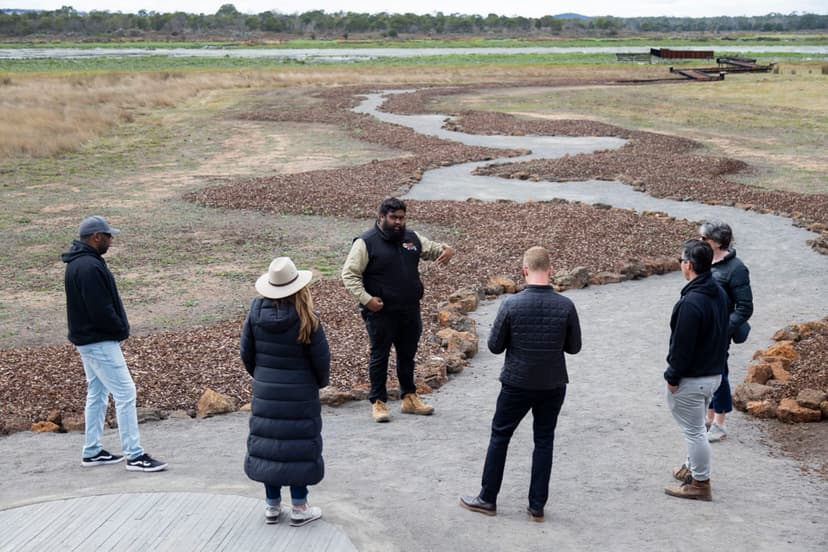Land, Sky & Waters
First Peoples have been caring for Country for thousands of generations. The history of Europeans coming to Victoria and taking First Peoples’ land is one of wrongdoing and devastating loss. But it is also a story First Peoples’ resistance, survival and ongoing connection to Country.
This page has been adapted from the Yoorrook Justice Commission reports, which are fully referenced. For referenced information please view the reports linked on this page.
sensitive material warning
Please be aware that this page may contain sensitive material. Read our self care guidelines to help manage any feelings of distress.
Yoorrook’s inquiry into land, sky and waters.
In October 2023 Yoorrook focused its inquiry on injustice against First Peoples in relation to land, sky and waters. From March to May 2024 Yoorrook held public hearings to gather evidence from Traditional Owners, Government Ministers, churches and academics. Yoorrook gathered an unprecedented body of evidence about injustices, rights violations and other harms experienced by First Peoples across Victoria in relation to lands, sky and waters, together with recommendations for reform.
Colonisation Decimated First Peoples
The First Peoples population numbered 60,000 in Victoria pre-colonisation. By the time the Colony of Victoria was founded in 1851, the First Peoples population was reduced to 15,000 by violence and colonist-introduced diseases such as smallpox, measles and tuberculosis.
By Federation in 1901, the official population count in Victoria was 1.2 million non-Indigenous people and 652 First Peoples.
Massacres deeply impacted the population
The Colonial Frontier Massacre project had evidence of 50 reported massacres in Victoria between 1830 and 1859, in which at least 978 Aboriginal people were killed. Eight of the 50 massacres involved ‘agents of the State’, including Native Police, Mounted Police and Government Surveyors.
The State continues to withhold stolen land from First Peoples
The State currently holds approximately 8.8 million hectares of land in Victoria. This is almost 40 per cent of the State’s total land mass.
Native title is recognised in approximately 19 per cent of Crown land (6 per cent of total land) in Victoria.
Of the total of 1,265,937 hectares committed to be returned in Aboriginal title under the Traditional Owner Settlement Act 2010 (Vic) since 2010, only 59,075 hectares have been returned to date.
Of the total of approximately 400 hectares committed to be returned in freehold title since 2013, only 65 hectares have been returned to date.
The State denies First Peoples the wealth generated from water
As of 2022, Victoria’s First Peoples directly held less than 0.2 per cent of all water access rights in Victoria.
The State has received a total of $83 billion in water-related revenue in the 13-year period between 2010 and 2023. None of this revenue has been distributed to Traditional Owners.
Excluded from Resource Wealth
More than 2400 tonnes of gold have been extracted in Victoria since 1851. That gold’s value (based on current prices) is about $287.4 billion. First Peoples have not received any of that wealth.
In the 2021–2022 financial year alone, the State derived more than $242.27 million in revenue from key natural resources, including mining, oil, gas and timber. None of this revenue was distributed to Traditional Owners.
From 2010 to 2023, the State received the following royalties for mineral, stone and petroleum resources. None of this revenue was distributed to Traditional Owners.
Total royalties for mineral, stone and petroleum resources.
Revenue from sales, income and royalties from commercial native timber harvesting.
Approximate revenue from grazing and government land licenses.
Royalties from minerals other than gold (predominantly coal).
Royalties from sandstone and gravel on crown land.
Royalties from oil and gas.
Public hearings into land injustice began on Gunditjmara Country
Budj Bim erupted around 30,000 years ago. Its lava – the Tyrendarra flow – snaked its way south to the sea, creating the rocky terrain Gunditjmara people used to develop the oldest aquaculture system in the world. This area is now known as the UNESCO World Heritage listed Tae Rak Aquaculture Centre.
Gunditjmara Elders showed Commissioners the Kurtonitj Indigenous Protected Area, which includes eel traps and a smoking tree, before taking them to the Convincing Ground massacre site just outside Portland – the first recorded massacre of First Peoples in Victoria. It was here on Gunditjmara Country that the Henty brothers established the first permanent European settlement.
Commissioner Lovett, Deputy Chair, noted that ‘justice in this country has traditionally been delivered in courtrooms in the cities, in a language that was once foreign to my people. And by judges who came here long after us and ignored our lore.’ Yoorrook’s hearings into land, sky and waters were, Commissioner Lovett said – ‘a turning point for justice’ – Yoorrook heard evidence on First Peoples' Country, using First Peoples' language, law and lore.
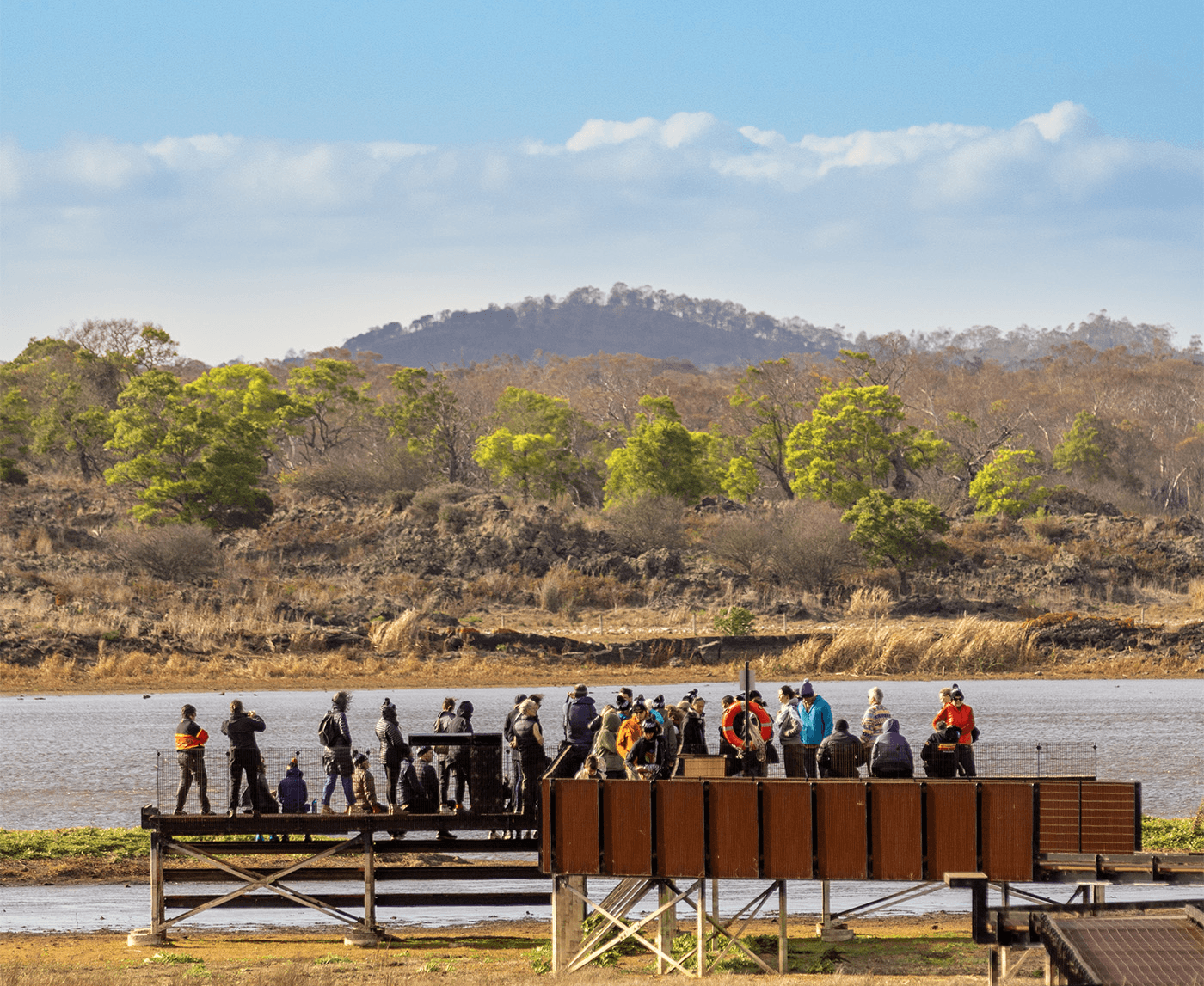
Hearings held about land, sky, and waters
Public hearings are official sessions where individuals or groups share their truths directly with the Commission.
These were held across Victoria and gave First Peoples the opportunity to speak publicly about their lived experiences.
Hearings were recorded and often included testimonies from Elders, community leaders, legal experts, and historians.
Public Hearings: 29 April – 3 May 2024
The purpose of these public hearings was to gather evidence from the Premier of Victoria, the Hon. Jacinta Allan MP and representatives from the Uniti... more
Public Hearings: 22 April – 26 April 2024
The purpose of these public hearings was to gather evidence from Traditional Owners, Government Ministers and academics on injustices against First Pe... more
Public Hearings: 15 April – 18 April 2024
The purpose of these public hearings was to hear evidence from Traditional Owners, Government Ministers and academics on injustices against First Peop... more
Public Hearings: 25 March – 28 March 2024
The purpose of these public hearings was to hear evidence from First Peoples, academics, descendants of colonisers, researchers and historians on inju... more
Country
First Peoples have been caring for Country for thousands of generations. Connection to Country is the foundation of First Peoples’ identity, culture and wellbeing. It links First Peoples to their knowledges, lores and languages.

How colonisers stole country
Colonisers came to the state now known as Victoria in search of land and wealth. British colonisers invaded Gunditjmara Country in 1834 and Kulin Country in 1835. The incursions were illegal under colonial laws at the time. Colonisers used violence and supported oppressive laws and practices to steal Country and generate wealth at the expense of First Peoples.
Land and cultural heritage recognition systems
Following decades of First Peoples’ sustained activism and advocacy for the return of land and the protection of culture, Victoria and the Commonwealth established systems to recognise First Peoples’ land and cultural heritage rights. However, Yoorrook heard that these systems do not go far enough to realise First Peoples’ inherent rights to Country.
The three main systems in Victoria recognising First Peoples’ land and cultural heritage rights are the Native Title Act 1993 (Cth), the Traditional Owner Settlement Act 2010 (Vic) and the Aboriginal Heritage Act 2006 (Vic). Yoorrook’s Report, Yoorrook for Transformation considers how these laws work, their alignment with First Peoples’ rights and their capacity to deliver justice, recognition and self-determination.
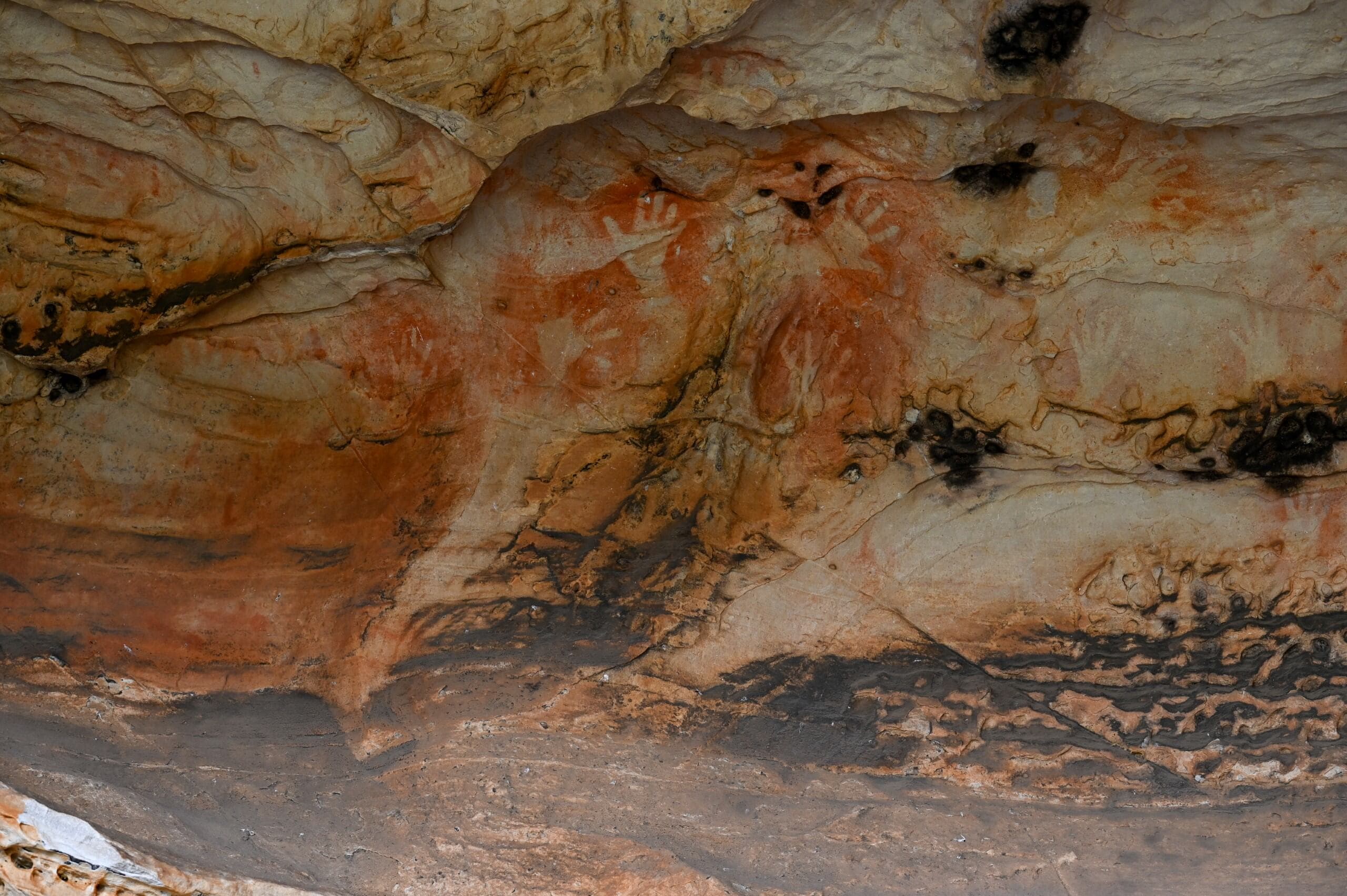
Aunty Sandra Onus reflects on Onus v Alcoa
Hear from Aunty Sandra Onus about one of the most significant land rights cases in Victoria’s history.
Water
Water is a vital living part of Country. In April 2024 Yoorrook held hearings at Margooya Lagoon on Tati Tati Country near Robinvale in northwest Victoria. Yoorrook received evidence about how the State first stole First Peoples' water through the fiction of aqua nullius, then later by separating water from First Peoples’ land rights, and how this injustice continues through market mechanisms that exclude Traditional Owners.
During the hearing, Commissioner Lovett held up a jar of green water collected from the Margooya lagoon to demonstrate the poor quality of the water. ‘Our people [have] got… very limited say in the management of water. Our people wouldn’t allow this’ he said.

Earth, sea and living things
Since colonisation, the State has asserted ownership over First Peoples’ natural resources and collected billions of dollars in revenue from their exploitation and use. Yoorrook heard how Victoria’s economy has relied on natural resources, from the gold rush to energy to irrigated agriculture. While First Peoples have been excluded from the resources sector and its benefits, numerous private entities have and continue to profit from the use of resources.

Climate change, renewables and emergencies
Country faces increasing risks from chronic climate changes leading to heat stress, prolonged drought, rising sea levels and acute events including riverine and coastal flooding, bushfires and increasingly severe storms. These events damage Country and have significant short and long-term effects on First Peoples communities.
Submissions & Evidence
Submissions and evidence we received about land, sky, and waters.
Land, sky & waters recommendations
Explore some of the recommendations made in Yoorrook for Transformation around land, sky and waters.
Led and decided by First Peoples and Traditional Owner groups, the Victorian Government and local Government authorities must provide resources and support to establish markers, memorials, signs and information acknowledging relevant First Peoples’ histories and perspectives at culturally and historically significant sites, including:
- Sites of historical injustice;
- Massacre sites;
- Former missions and reserves;
- Sites relevant to frontier wars and First Nations people who served in war;
- Sites relevant to First Peoples’ leadership; and f. Other sites as determined by Traditional Owners or Aboriginal Representative Bodies.
The Victorian Government must amend the State Aid to Religion Abolition Act 1871 (Vic) to introduce a mechanism for case-by-case consideration and approval of proposed land sales, which includes consideration of:
- Whether relevant Traditional Owners have been consulted in respect of the sale; and
- Whether it is proposed that a portion of the proceeds from the sale be shared with the Traditional Owners of that land.
Explore other Focus Areas
The issues explored by Yoorrook are deeply connected—experiences in one area often impact outcomes in many others. Continue exploring the broader picture by visiting other Focus Areas below.
Support Resources
If you feel overwhelmed you can call 13 YARN (13 92 76) or Lifeline (13 11 44) for confidential support. For additional support options, visit support resources.
Reports and Recommendations
Read the official reports and recommendations of the Yoorrook Justice Commission.
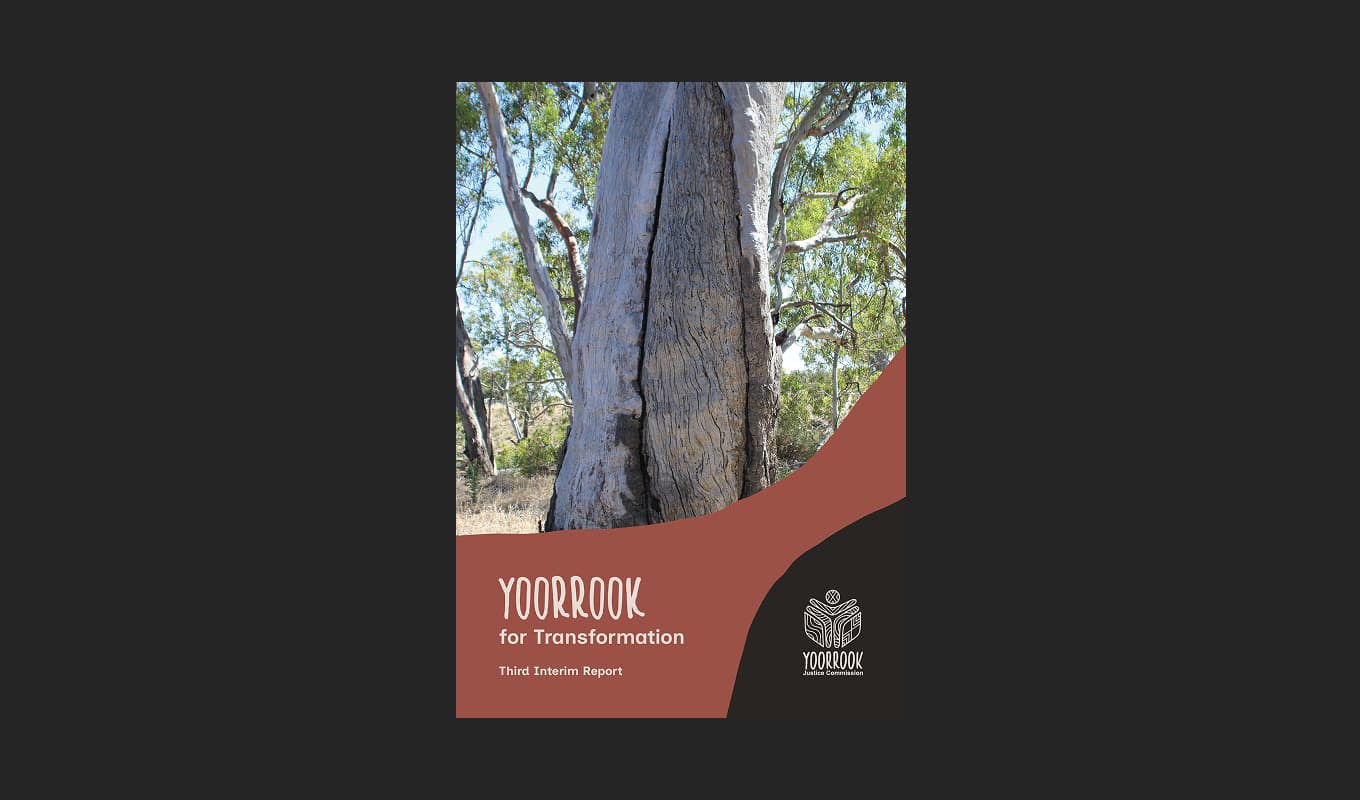
Yoorrook for Transformation
Third Interim Report: A five-volume comprehensive reform report presenting evidence and findings on systemic injustices, and specific recommendations for meaningful change to transform the future.
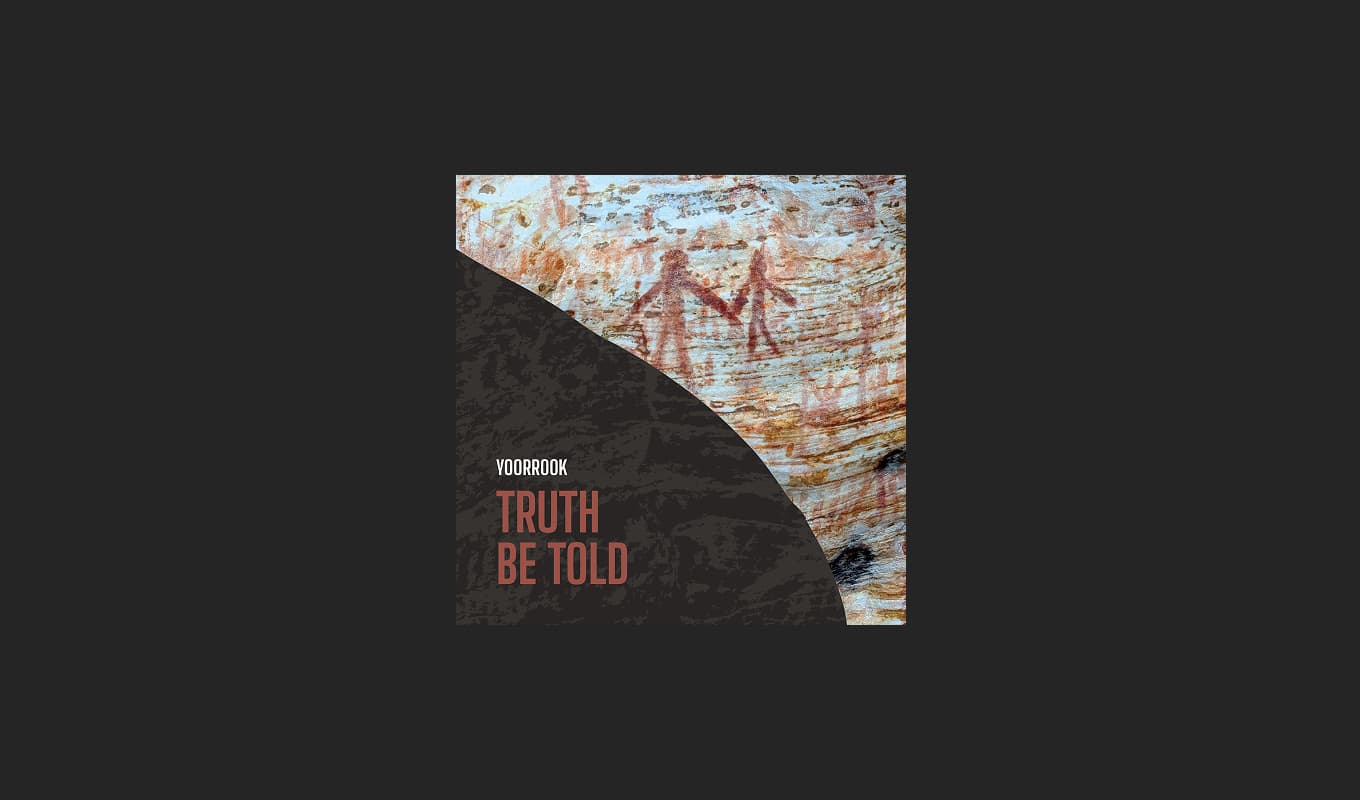
Truth Be Told
An official public record that documents First Peoples experiences since colonisation, preserves crucial testimonies for future generations and creates an enduring resource for education and understanding.
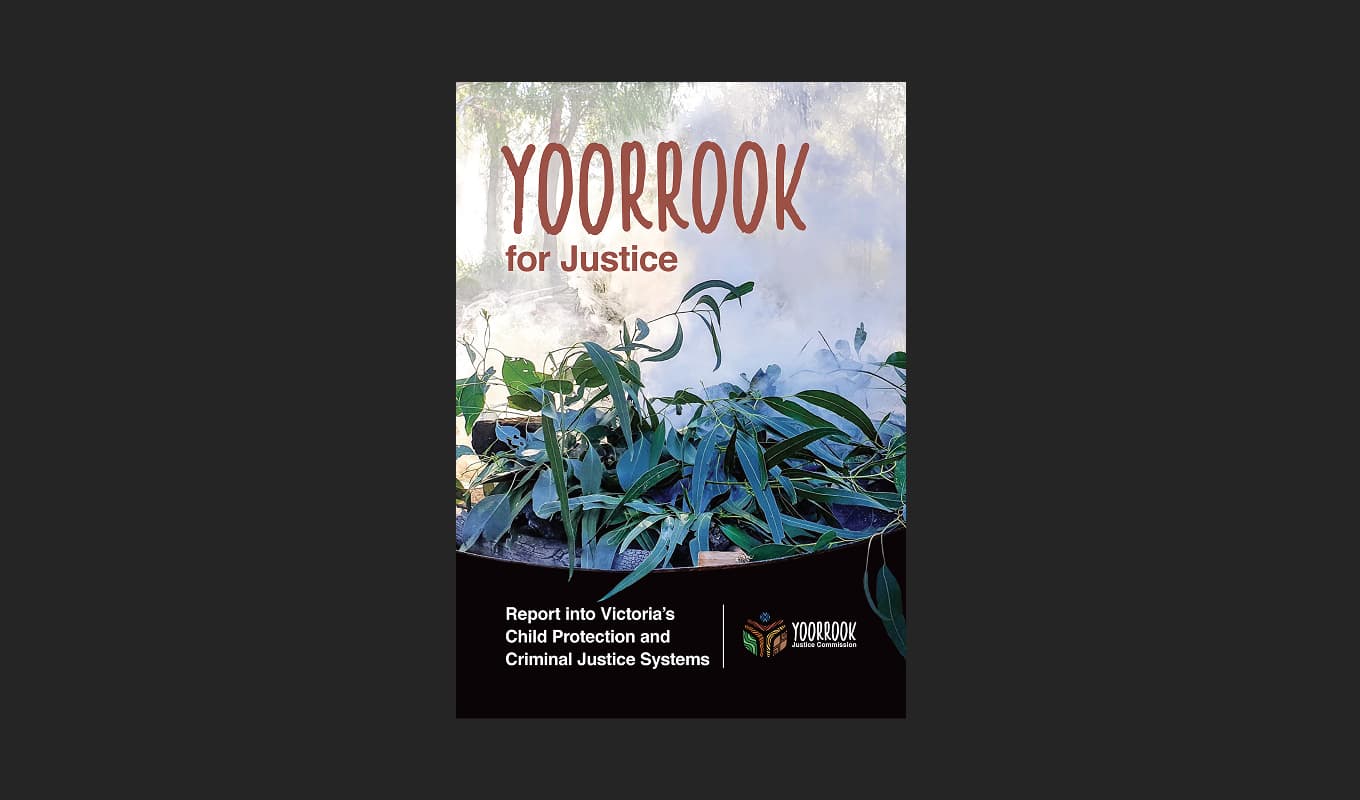
Recommendations for change
Yoorrook Justice Commission’s recommendations for truth-telling, justice, and systemic reform in Victoria.



